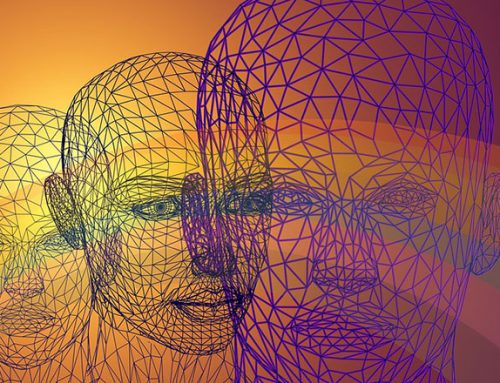“When we are no longer able to change a situation, we are challenged to change ourselves.”
– Viktor Frankl
In “What colour is your world?” we reflected on the different tinted lenses we wear – often unknowingly – that influence our world. We realised how our lenses are tinted by our beliefs, which go on to be expressed through our attitudes and behaviours.
You gain, drop and mould your beliefs throughout your life – sometimes for the better, sometimes for the worse.
Your life experiences shape who you are, yet it’s your relationship with your past that influences the way you perceive yourself and those around you.
When we look at our past, we tend to remember significant people, major events and big ideas that changed us.
The way we recall, review and judge these elements of our past affects us in the present. While we cannot change what happened, we can adjust how we view it.
Let me share a personal example about failure.
“Today, January 6th,” I remember typing with a sigh, “I received a letter regarding my University of Oxford application. Against all my hopes, against all my efforts and against all my optimism for the future,” I paused, looking up to Facebook’s blue logo, “the pale letter in the thin envelope was a letter of rejection.”
Minutes passed as I wrote, until I found myself writing, “I cannot change what news I’ve received, as much as I wish I could,” then, I found the courage to say, “There is one thing I have come to decide on through the ups and downs and the tears of today, though: I will not give up.”
“In my down phase, I questioned myself, my motivations, my goals and my future. In the bitter shadow of victim mentality, I allowed myself to second-guess so much of what I’ve accomplished, and so much of what I’ve set out to do.”
“But you know what?”
“I refuse to let these thoughts pollute my mind. I refuse to allow myself to become a victim. I refuse to let these thoughts dictate my direction.”
Did my experience of rejection shape me? It did – but rather than let it be a wound, I turned it into a point of learning and allowed myself to grow from it.
I could’ve carried self-doubt and jealousy in the face of rejection, but I refused to be “defeated”: I refused to let this rejection define me as a student and as a person.
My experience shaped me, but my relationship with the experience did not negatively shape my view of myself and others: it positively influenced it.
When I look back at my Oxford rejection, I feel gratitude because it forced me to stop taking success for granted.
When my friend David looks back to his rejection letter, he’s bitter: he can only think about having failed.
What’s the difference that makes the difference?
David feels guilty. He hasn’t forgiven himself for “not doing well enough”, and holds on to his pain.
Equally so, when David thinks about his Oxford interviews, he resents the professors he feels didn’t treat him fairly: he blames them, and still clutches on to his anger.
Both David and I shared the same life experience with Oxford – that of being rejected after the final selection phase, where we believed that our chances of success were high.
Yet, we’ve lived our rejections differently.
Both David and I were hurt by falling at the last hurdle, but while my pain has transcended into learning, David continues to recreate and amplify his pain by focusing on blame and regret.
Whether you can directly relate to our experience or not, we’ve all experienced failure at points over the years.
The question is, when we feel like David, how can we lift ourselves out to move on with our lives?
Join me in my next article to discover a new set of lenses for finding new ways to relate to people and circumstances that otherwise can hold us back.
Do you agree? Are we products of our life story, or how we reflect upon it?








Leave A Comment
You must be logged in to post a comment.